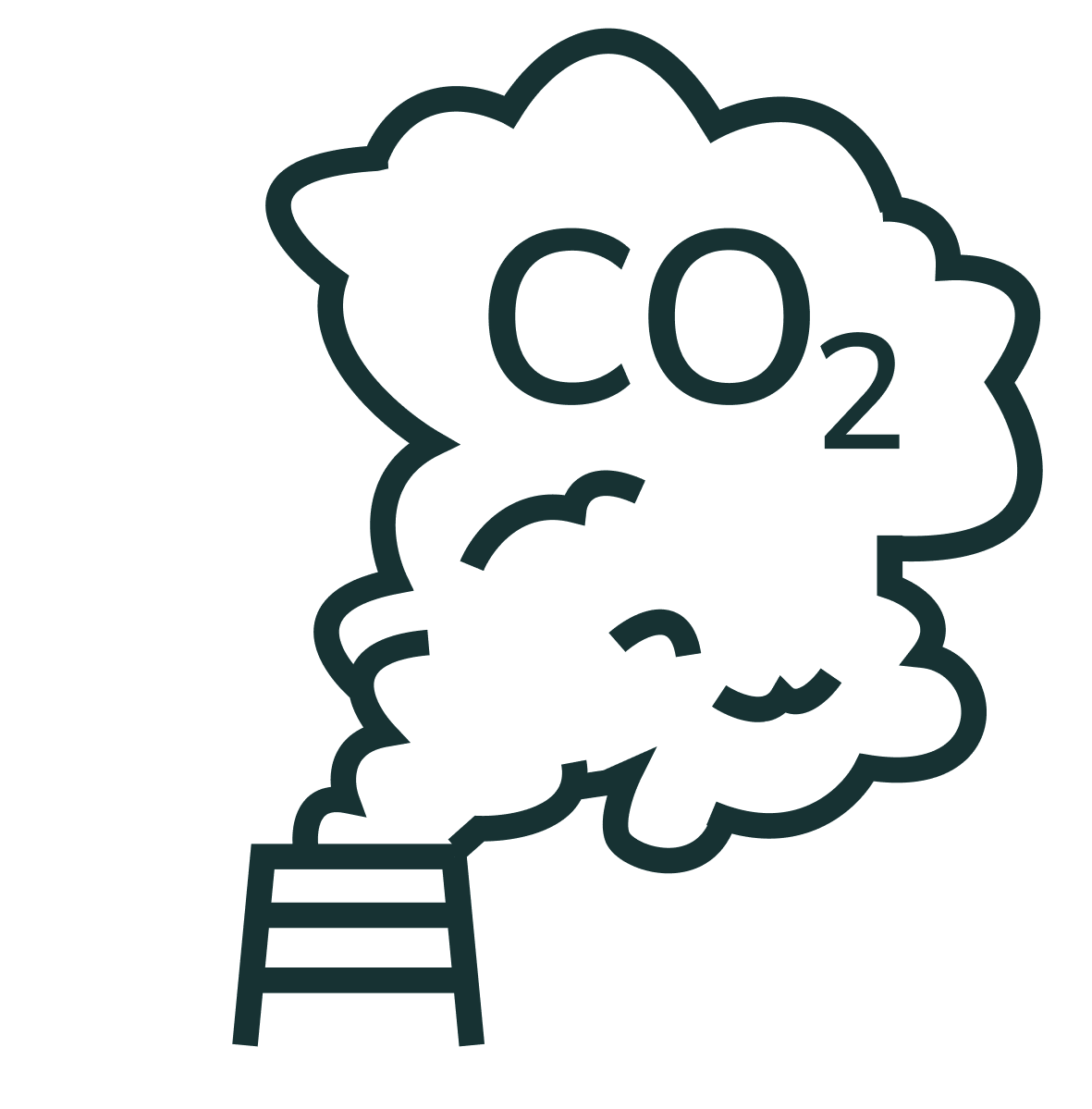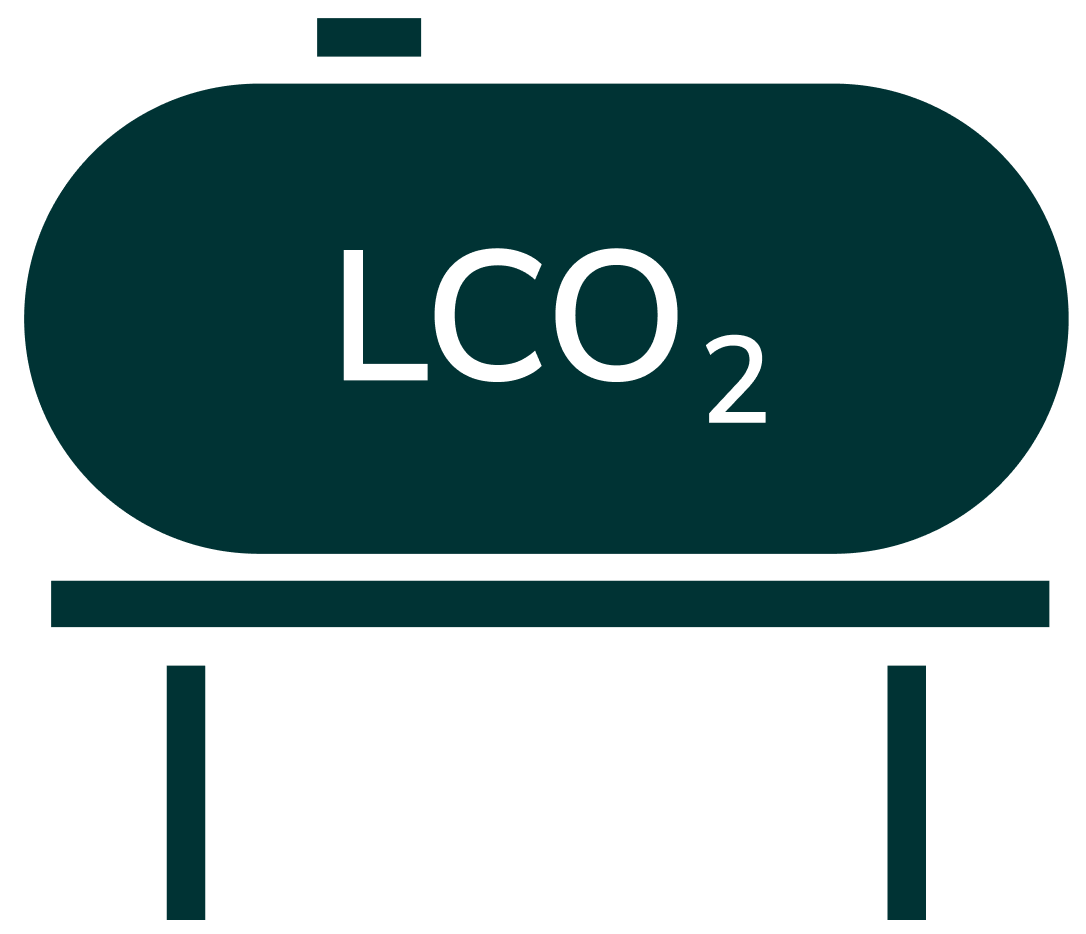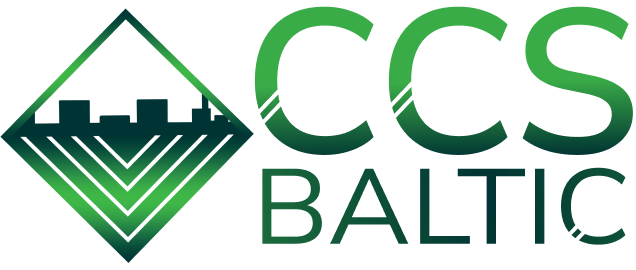Pioneering Carbon Capture and Storage Project in the Baltics
As part of the European Union’s ambitious goal to become climate neutral by 2050, our mission is to establish a robust and sustainable CO2 value chain in the Baltics – a region currently devoid of CO2 transport and sequestration infrastructure.
Project Benefits
Establishing Infrastructure
Development of CO2 transport and export infrastructure required for a regional CCS value chain.
Meeting EU Sustainability Targets
EU sustainability targets by directly reducing CO2 emissions from some of the largest industrial emitters in Latvia and Lithuania operating in hard to abate sectors, and providing solutions for permanent neutralisation of CO2.
Accelerating the regional decarbonisation process
Development of a CO2 transport and storage network that may be used by other regional large and medium GHG emitters and storage facilities to join and use the project infrastructure, thus accelerating the regional decarbonisation process even further.
Security and resilience
Increasing security and resilience of the CO2 network, while keeping the security of supply.
Job creation
Creating new jobs related to the project implementation and operation in both countries.
Did you know?
The Baltic States currently do not have CO2 transport and sequestration infrastructure and are one of the last coastal territories in Europe where such system has not yet been developed or planned.
Development of physical infrastructure: 2027
Operational from: 2030
Total emissions (20 years): 18,31 Mt of CO2
Total captured emissions (20 years): 24,88 Mt of CO2
CAPEX: 1,68 bn. EUR
OPEX: 2,76 bn. EUR
How It Works
1. Carbon Capturing
The CO2 emissions will be captured at cement plants operated by SCHWENK Latvija (Latvia) and Akmenės cementas (Lithuania). Carbon capture systems, small-scale liquefaction units and buffer storage facilities will be installed at the cement plants.


2. On Shore Transportation
CCS Baltic Consortium is focusing on pipeline as preferred method for onshore CO2 transportation, with gas transmission operators AB Amber grid and Conexus Baltic Grid AS assissting inpreparatory works. In parallel, road transport by trucks and/or railway by wagons for lower volumes will be available . CO2 will be transported to and stored at the multimodal LCO2 import/export terminal operated by KN Energies located at Klaipėda port, Lithuania.

3. Off Shore Transportation & Storage
Mitsui O.S.K. Lines and Larvik Shipping will cover offshore transportation. LCO2 will be transported by ships to the permanent offshore storage facility location, which is not determined at the moment.
Let’s Build Our Dream Future Together
We’re always eager to hear your thoughts, answer your questions, and explore partnership opportunities.
Connect with us by simply filling out the form.
Contact Us Today
Let’s Build Our Dream Future Together
We’re always eager to hear your thoughts, answer your questions, and explore partnership opportunities.
Connect with us by simply filling out the form.
